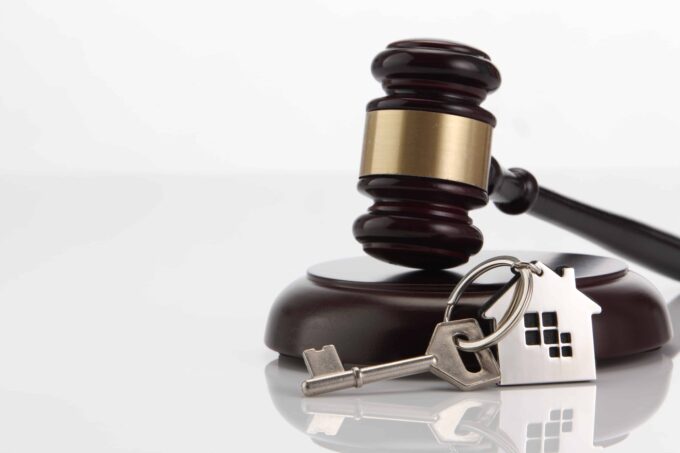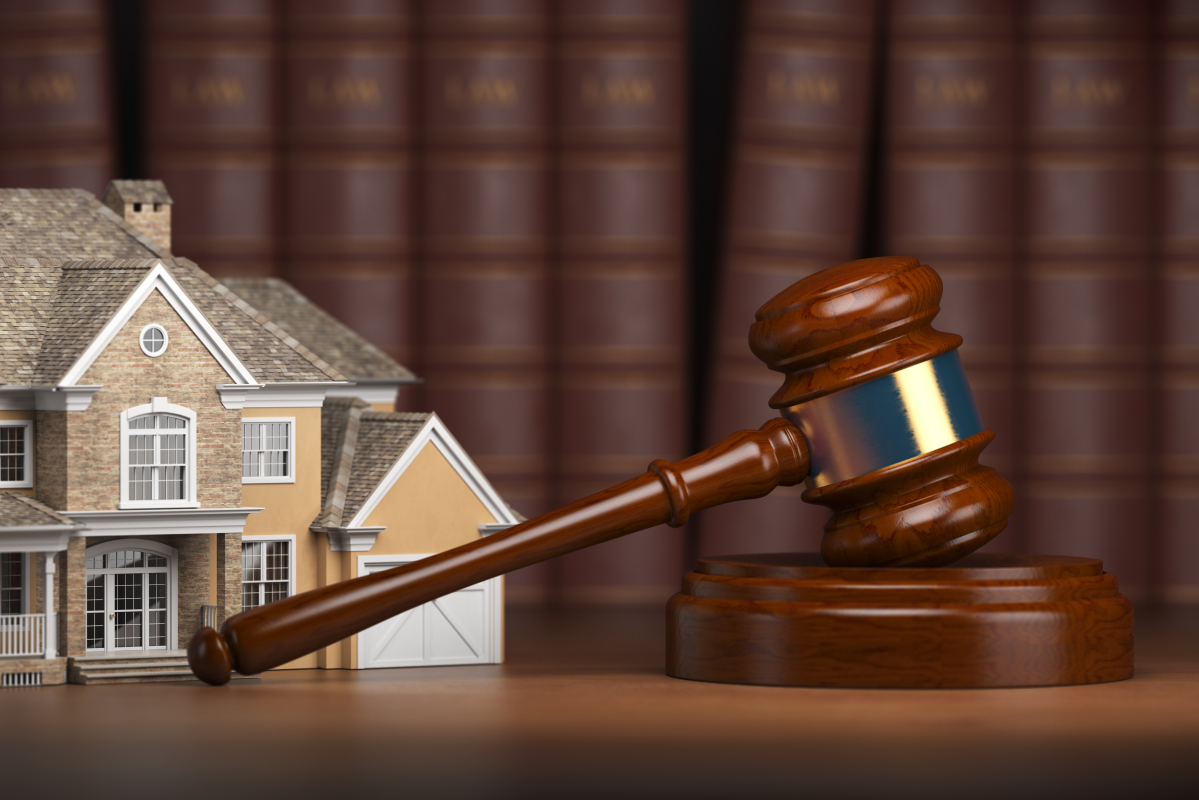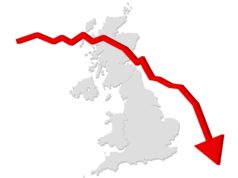If you want or need to sell your home fairly quickly and/or it is not appealing to traditional buyers, you may be scratching your head about what to do. Is an auction the answer for you?
Why Opt to Auction Property UK?
There are a variety of benefits to selling your property at an auction:

- There is no chain. A property chain can be one of the most frustrating aspects of a house sale. Each transaction depends on the success of the one prior. If one link in the chain breaks, it holds everyone up – and can even derail deals that should have been solid. It is disheartening to be sure. With auction, there is no need to get on the chain.
- You can complete a sale quickly. You have a defined auction date and while there is no guarantee of a sale at auction (there never is, regardless of what anyone tells you), it is a route that is much faster than a conventional sale with an estate agent. Say your auction date is within a month of you listing your property with an auction house. If your house is sold on that day, the winning bidder must pay a reservation fee or deposit right then. From there, they have a specified period of days (usually 28) to pay the remainder and complete the sale.
- You can sell a property that is ‘non standard.’ If you have a property that is considered ‘non-standard,’ unusual, or a fixer upper (even in a very distressed state), it is exceptionally difficult to sell it to a regular mortgaged buyer. Auctions attract a different breed to be sure. Whereas a lender will not approve financing, a cash buyer can look beyond the problems to see the possibilities. They are often on the hunt for projects that they can buy into at a lower price and put the resources into in order to make a profit.
But as appealing as this may sound, it is important to consider the disadvantages of doing so.
Downside of Selling at Auction

- There is no guarantee of a sale. As mentioned, there’s no certainty that your property will sell (i.e. bidders may not reach the reserve point, or the lowest price you will sell). If your property is not marketed effectively, if it is near the end of a long list of other properties, if the auction hasn’t attracted many bidders… You could be back at square one.
- You need to be ready to move. If your house does sell, you need to be prepared to move out on an accelerated timeline. Speed is both an advantage and a disadvantage.
- You will have to pay fees. There are auction house entry fees, solicitor fees and commission fees (which average 2.5% of the sales price + VAT).
- You cannot control the final price. While you can set the minimum, you cannot control how much your house actually sells for. It may be more than you expected – but realistically, it may be less (or even much less).
Do I Have Other Options?

Yes. If the cons outweigh the pros with an auction, you might consider alternatives to both auctions and a conventional sale:
- Part Exchange. This applies if you are building a new property. It is a plan by which your current home acts as a partial payment towards the new house. The sale is guaranteed by the builder.
- Raffle. This is a rare option (though gaining some steam). People buy a raffle ticket for a small sum. If they win, the property is theirs. You must be aware that, depending on ticket prices, you will have to sell a certain amount in order to recoup a fair sum. It is also strongly recommended to instruct a solicitor to ensure everything is above board.
- Cash Buyer. A cash house buyer has the resources to make an offer and complete a sale very quickly. They have strong financial backing and processes that greatly accelerate sales.
Before You Auction Property in UK

Before you auction property UK, it’s essential to take a step back and carefully evaluate your decision. Auctioning property can be a quick and efficient way to sell, but it’s not without its share of pros and cons. Here are some key considerations to keep in mind before proceeding with an auction:
1. Timing: Timing is crucial in property auctions. You need to select the right date and auction house to maximise your property’s chances of selling at the desired price. Rushing into an auction without proper planning can lead to disappointing results.
2. Valuation: Ensure you have a realistic and accurate valuation of your property. Overpricing may deter potential buyers, while underpricing could lead to a loss. Consulting with a professional appraiser can help you set the right reserve price.
3. Costs: Auctioning a property involves various costs, including auctioneer fees, marketing expenses, and legal fees. You’ll need to factor these costs into your decision-making process to determine if auctioning is financially viable.
4. Reserve Price: Setting the reserve price is critical. It’s the minimum amount you’re willing to accept for your property. Be cautious not to set it too high, as it may discourage bidders, but also avoid setting it too low, as you might not achieve your desired sale price.
5. Market Conditions: Property auctions can be sensitive to market conditions. Assess the current real estate market in your area, as it can significantly impact your property’s attractiveness to potential buyers.
6. Property Condition: The condition of your property can influence its auction success. Consider making necessary repairs and improvements to enhance its appeal.
7. Legal and Financial Aspects: Understand the legal and financial implications of auctioning your property. You may need to provide an auction pack containing essential documents, and the sale may be binding, leaving little room for negotiation.
8. Alternative Options: Explore alternative selling methods, such as traditional estate agents, private sales, or property investment companies. These options may offer more flexibility and negotiation opportunities.
9. Buyer’s Premium: Be aware that in auctions, buyers often pay a premium on top of the final hammer price. This can affect the price you receive for your property.
In conclusion, before you auction your property in the UK, conduct thorough research, seek professional advice, and carefully weigh the pros and cons. While auctions can be advantageous in certain situations, they may not be the best choice for everyone. Understanding your goals, property value, market conditions, and financial considerations is essential to making an informed decision about selling your property through an auction.









